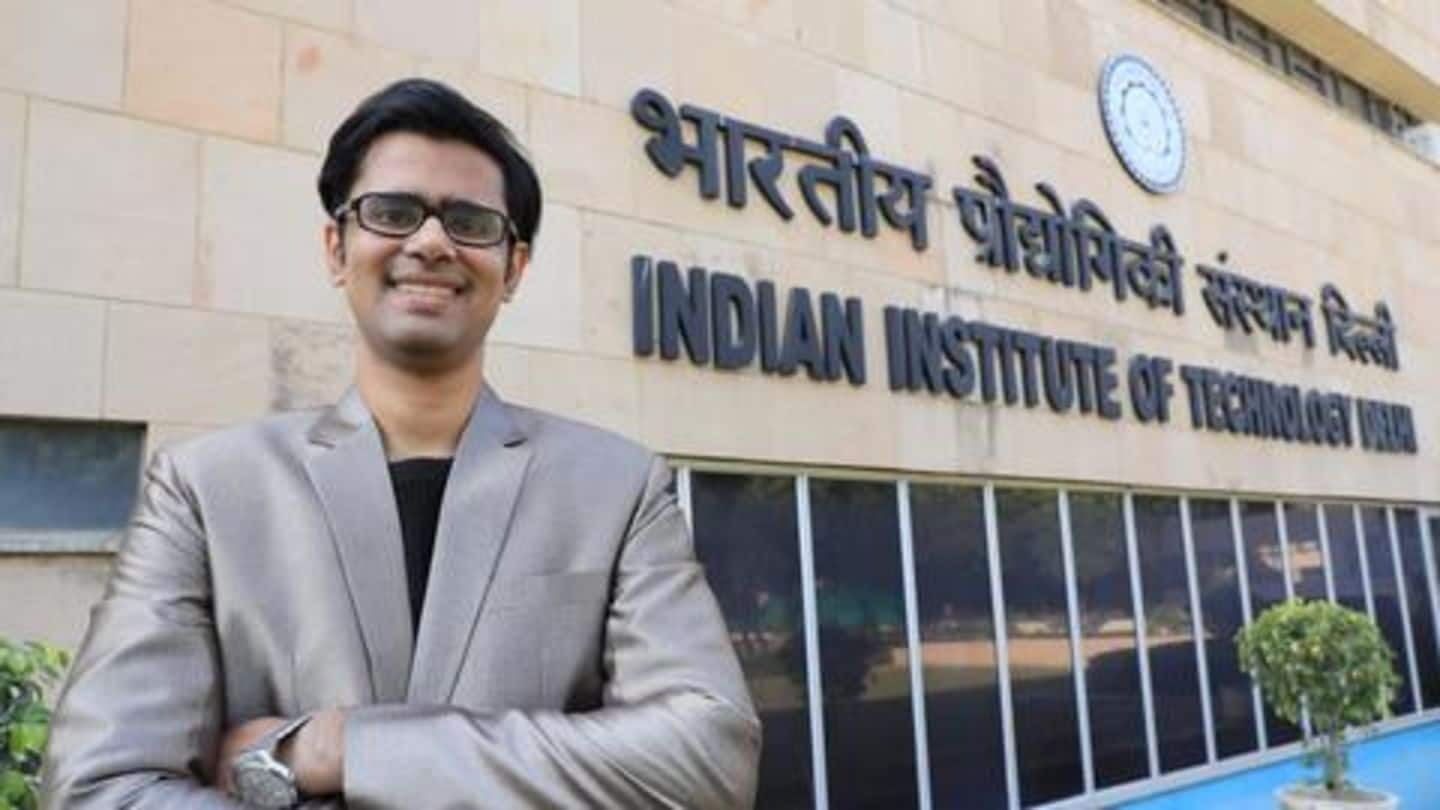
Tired of pollution? Try IITian Prateek Sharma's Rs. 10 'Nasofilters'
What's the story
Air quality in Delhi and many parts of north India has hit dismal levels, and is expected to get even worse with winter setting in and Diwali just a day away. While the government is taking efforts to curb air pollution, entrepreneur and ex-IIT-Delhi student Prateek Sharma has come up with a short-term, cost-effective way to combat pollution - Nasofilters. Here's all about them.
Problem
Sharma's fight against air pollution was a personal one
Sharma's fight against air pollution was a personal one. His mother was an asthma patient, and throughout childhood, Sharma tried to find a product that wouldn't be cumbersome like face-masks or uncomfortable like nosebuds, but would help filter out pollutants. Sharma's search for the perfect anti-air pollution product finally culminated in him founding a start-up, Nanoclean Global, in 2017.
Quote
The problem was right in front of Sharma's eyes
"So, the problem statements were there in front of me. That is, one problem is covering the face and the other product is inserted inside the nostrils," Sharma told YourStory.
Nasofilters
At just Rs. 10, Nasofilters are revolutionary anti-pollution products
Nanoclean's first commercial product was the 'Nasofilter'. Nasofilters cost a mere Rs. 10 per piece, and is the world's first non-inserted, hypo-allergenic and self-adhering nanotechnology-based respiratory disposable nasal filter. Created by an IIT-Delhi team using affordable bio-safe nanofibers and proprietary polymer technology, Nasofilters filter out 95% of pollutants in air. All users have to do is cover their nostrils with the near-transparent filters.
Do you know?
This year, Sharma's start-up won Facebook India's innovation award
Nasofilters immediately caught the global entrepreneurial community's attention - on October 9 this year, Nanoclean Global won Facebook India's Start-up Day award in the 'Building for the World' category, owing to its potential in combating air pollution.
Potential
Sharma's product is effective, inconspicuous, and accessible for the masses
As it stands, other air pollution filtering devices on the market, primarily face-masks, are both conspicuous and relatively expensive - a good N95-graded pollution face-mask costs in the ballpark of Rs. 200-300. Sharma's solution, on the other hand, is neither conspicuous, nor expensive, and therefore carries the potential to change how India and the world uses respiratory protection devices to combat air pollution.